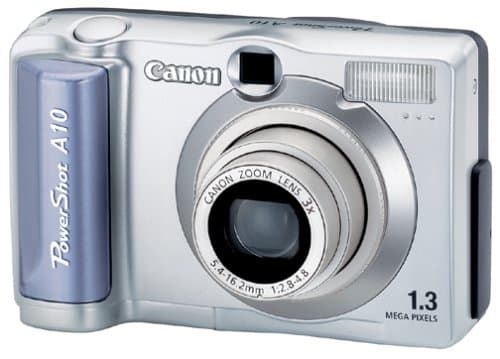
Agfa 780
Ease of Use
Features
Image Quality
Agfa 780
When you purchase through links on our site, we may earn an affiliate commission. Here's how it works.

User Reviews
Features
Ease of Use
Value For Money
Image Quality
Bought This For The Hell Of It.. It Was On Sale..
bought this for the hell of it.. it was on sale.. first one didnt' work cause of the problem with the memory reader in the camera.. so returned..
second one used occaisionally for a couple of months before it died on me.. the lcd screen didn't work.. but thanks to the warranty i bought, i got a cl 34 instead of them repairing it. so, i'm kinda glad.. but fed up because i bought 4 x 8meg smart media cards.. and the cl34 takes the compact media.
Value For Money
This Is Actually Quite An Old Camera, Originally R
This is actually quite an old camera, originally released about two years ago in black, now re-released and repackaged in blue as a 'camera for the email generation'. At about £160, it falls into the same price bracket as the Samsung Digimax 800K. Is it better? Well, even though the Agfa has a measly resolution of 350,000 pixels, compared to the Samsung's 800,000, the Agfa still produces sharper, more reliable results. Indoor shots have to be flashed, as there is only the most rudimentary light metering, but focus is pretty good.
The images are shoved through at 1024x768 resolution as the camera (like the other Agfa models) uses software interpolation to increase image size. On most cameras this doesn't improve picture quality, but here is really seems to do so. Edges are sharp, with few jaggies.
As it is an old camera, though, it will only take a maximum SmartMedia card size of 8Mb, so be warned, you may have to invest in more cards.
In summary, a far better budget buy than the Samsung Digimax any day. Not bad at all for a first camera.
Q&A
There are no questions yet. Be the first to ask a question.